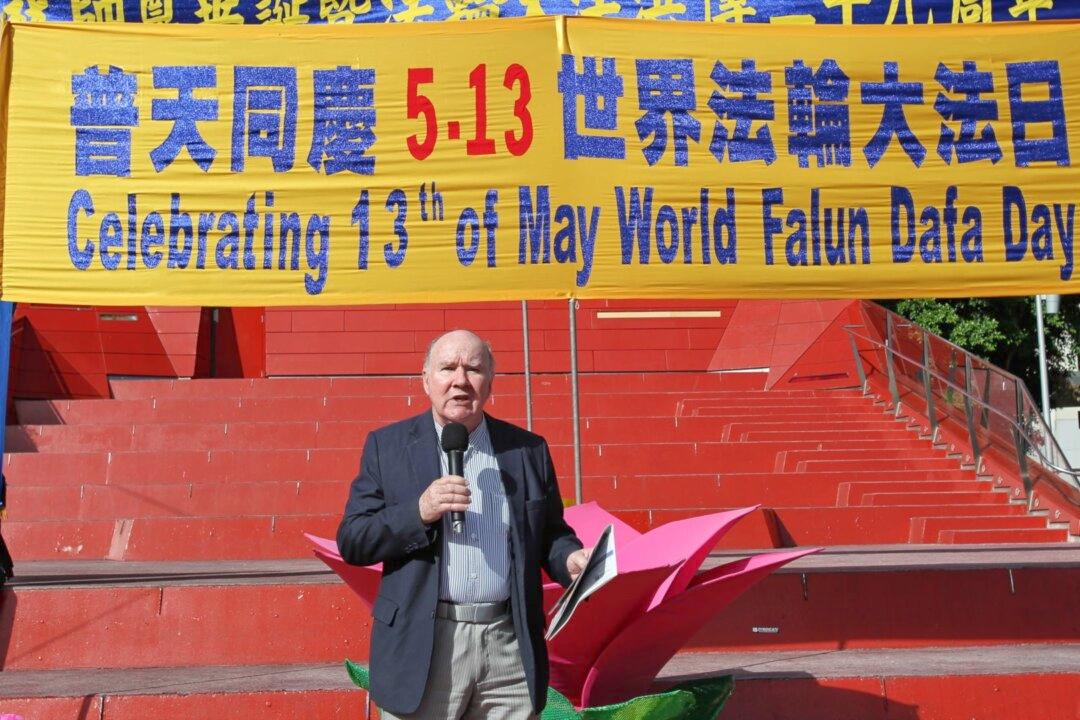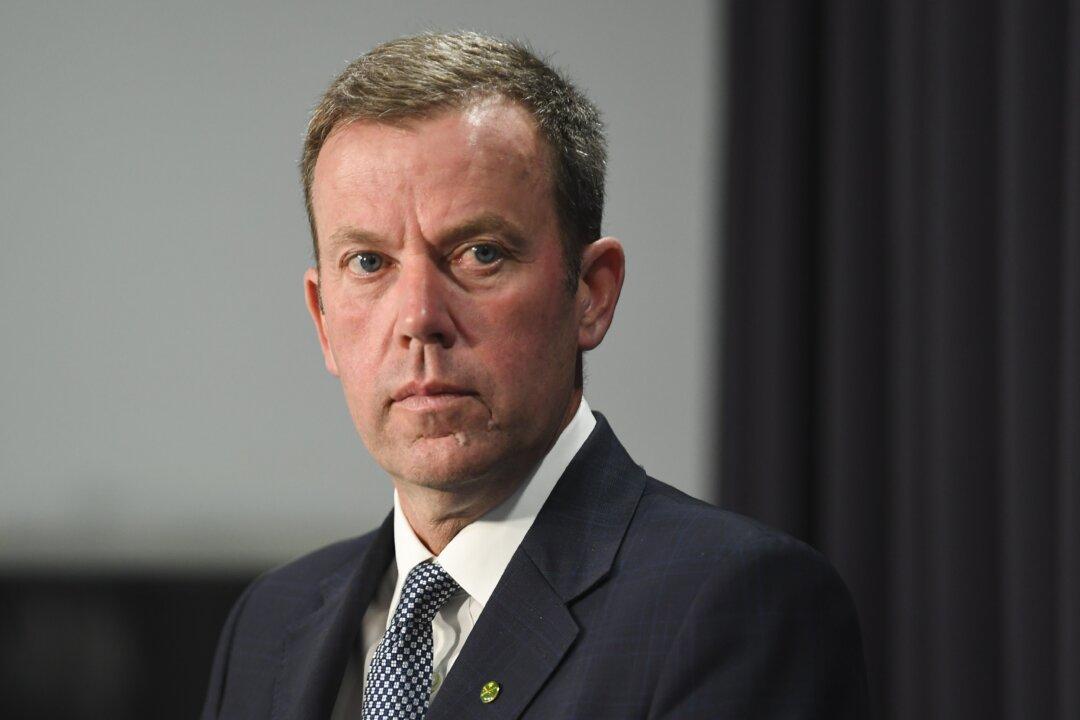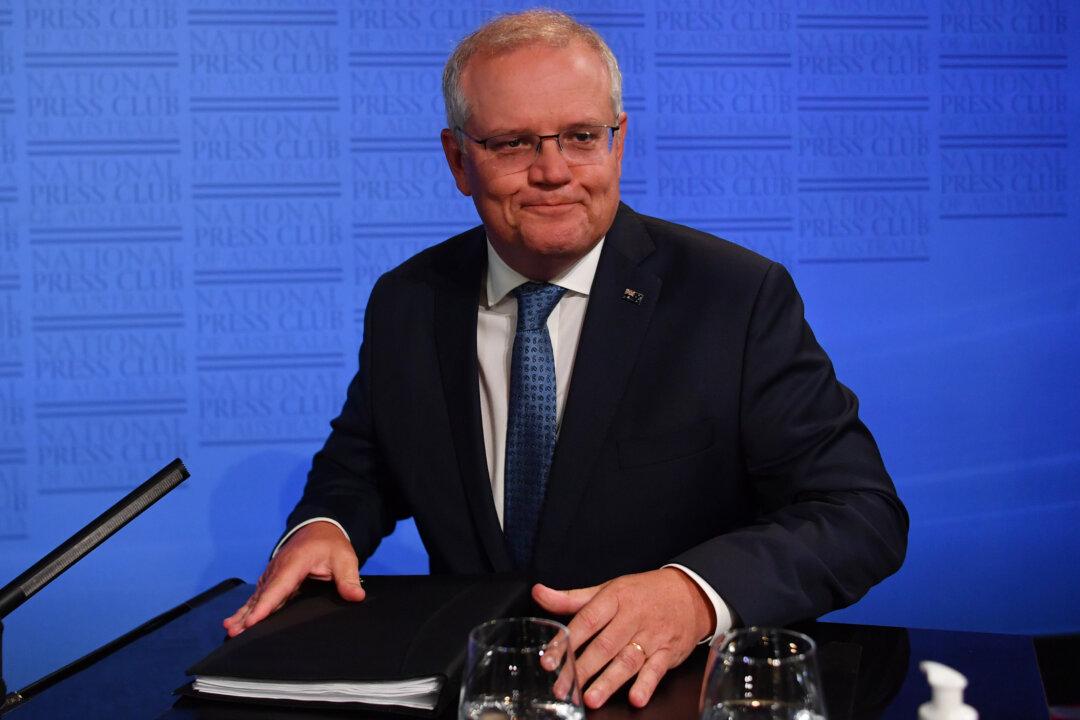The countries of Australia, Canada, UK, and the United States have voiced further criticism of Hong Kong’s National Security Law after the arrest of more pro-democracy figures.
Foreign Ministers from the four countries have urged the Hong Kong authorities to respect “legally guaranteed rights” after 55 politicians and activists were arrested on charges of “subversion” under the new pro-Beijing bill.





